Antibiotic misuse: doctors told to 'snoop' on colleagues
Guidelines aim to lower amount of antibiotics prescribed, aiding fight against drug-resistant diseases
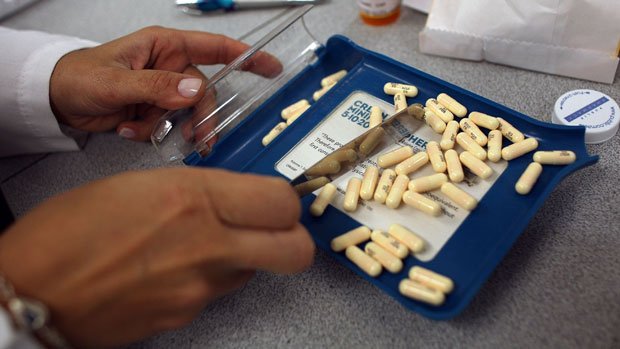
A free daily email with the biggest news stories of the day – and the best features from TheWeek.com
You are now subscribed
Your newsletter sign-up was successful
Doctors have been advised to monitor their colleagues and intervene if they feel antibiotics are being oversubscribed.
The National Institute for Health and Care Excellence (NICE) has issued guidelines to GPs in an attempt to counter the over-prescription of antibiotics which is fuelling the rise of drug-resistant diseases.
"Antibiotic use has gone up and up and up each year despite a number of initiatives to damp down on their use," Professor Mike Baker told the BBC.
The Week
Escape your echo chamber. Get the facts behind the news, plus analysis from multiple perspectives.

Sign up for The Week's Free Newsletters
From our morning news briefing to a weekly Good News Newsletter, get the best of The Week delivered directly to your inbox.
From our morning news briefing to a weekly Good News Newsletter, get the best of The Week delivered directly to your inbox.
"I think peer pressure has to be a part of any strategy to reduce antimicrobial use," he said. "Health professionals should question the practices of colleagues when they are not in line with local and national guidelines."
The latest guidelines also instructed doctors to take a tougher approach to patients demanding antibiotics, after a study revealed that 97 per cent of patients who requested the drugs received them. NICE argues that patient pressure is a significant problem, with some GPs "afraid of not prescribing antibiotics even when they know it's wrong."
The advice follows numerous reports warning of the dangers of overprescribing antibiotics. In December, experts warned that antibiotic-resistant diseases are predicted to cause an extra 10 million deaths every year unless urgent action to lower prescriptions is taken.
"Resistance to all antimicrobials is increasing and, combined with a lack of new antimicrobial medicines, there is a heightened risk in the future that we may not be able to treat infections effectively," Professor Alastair Hay, chairman of the NICE guideline committee, told the Daily Telegraph.
A free daily email with the biggest news stories of the day – and the best features from TheWeek.com
The Royal College of GPs has welcomed the recommendations. "It is essential that GPs, their practice teams and pharmacists discuss the alternatives with patients who ask for antibiotics to treat minor illnesses, most of which will get better on their own over time," said chairwoman Dr Maureen Baker.
-
 What to know before filing your own taxes for the first time
What to know before filing your own taxes for the first timethe explainer Tackle this financial milestone with confidence
-
 The biggest box office flops of the 21st century
The biggest box office flops of the 21st centuryin depth Unnecessary remakes and turgid, expensive CGI-fests highlight this list of these most notorious box-office losers
-
 The 10 most infamous abductions in modern history
The 10 most infamous abductions in modern historyin depth The taking of Savannah Guthrie’s mother, Nancy, is the latest in a long string of high-profile kidnappings
-
 Neanderthal gene ‘caused up to a million Covid deaths’
Neanderthal gene ‘caused up to a million Covid deaths’Speed Read Genetic tweak found in one in six Britons means cells in the lungs are slower to launch defences
-
 Legalising assisted dying: a complex, fraught and ‘necessary’ debate
Legalising assisted dying: a complex, fraught and ‘necessary’ debateSpeed Read The Assisted Dying Bill – which would allow doctors to assist in the deaths of terminally ill patients – has relevance for ‘millions’
-
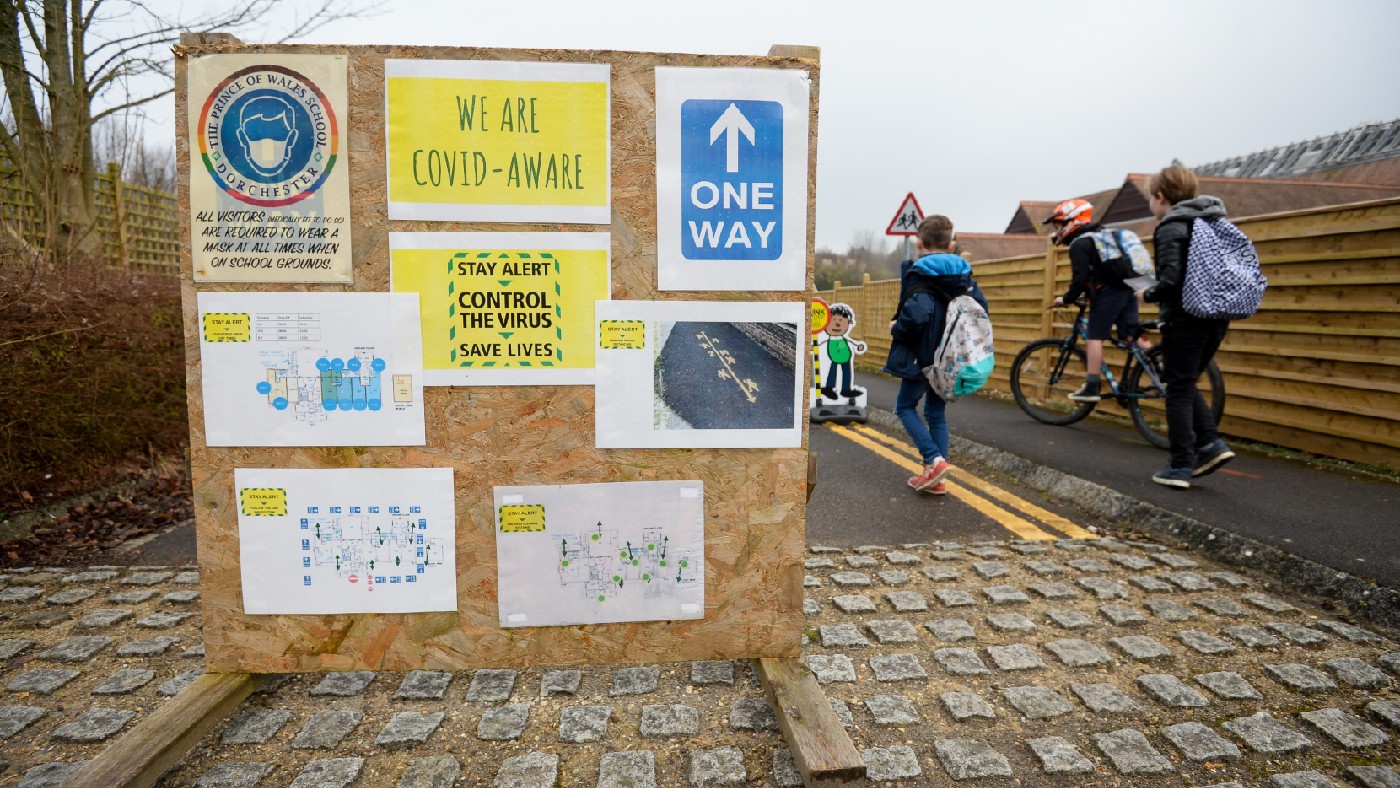 Vaccinating children: it’s decision time for the health secretary as kids return to school
Vaccinating children: it’s decision time for the health secretary as kids return to schoolSpeed Read Sajid Javid readying NHS England to roll out jab for children over 12, amid fears infections will rocket
-
 ‘Vaccination blunts, but does not defeat’: exploring Israel’s fourth Covid wave
‘Vaccination blunts, but does not defeat’: exploring Israel’s fourth Covid waveSpeed Read Two months ago, face masks were consigned to bins. Now the country is in a ‘unique moment of epidemiological doubt’
-
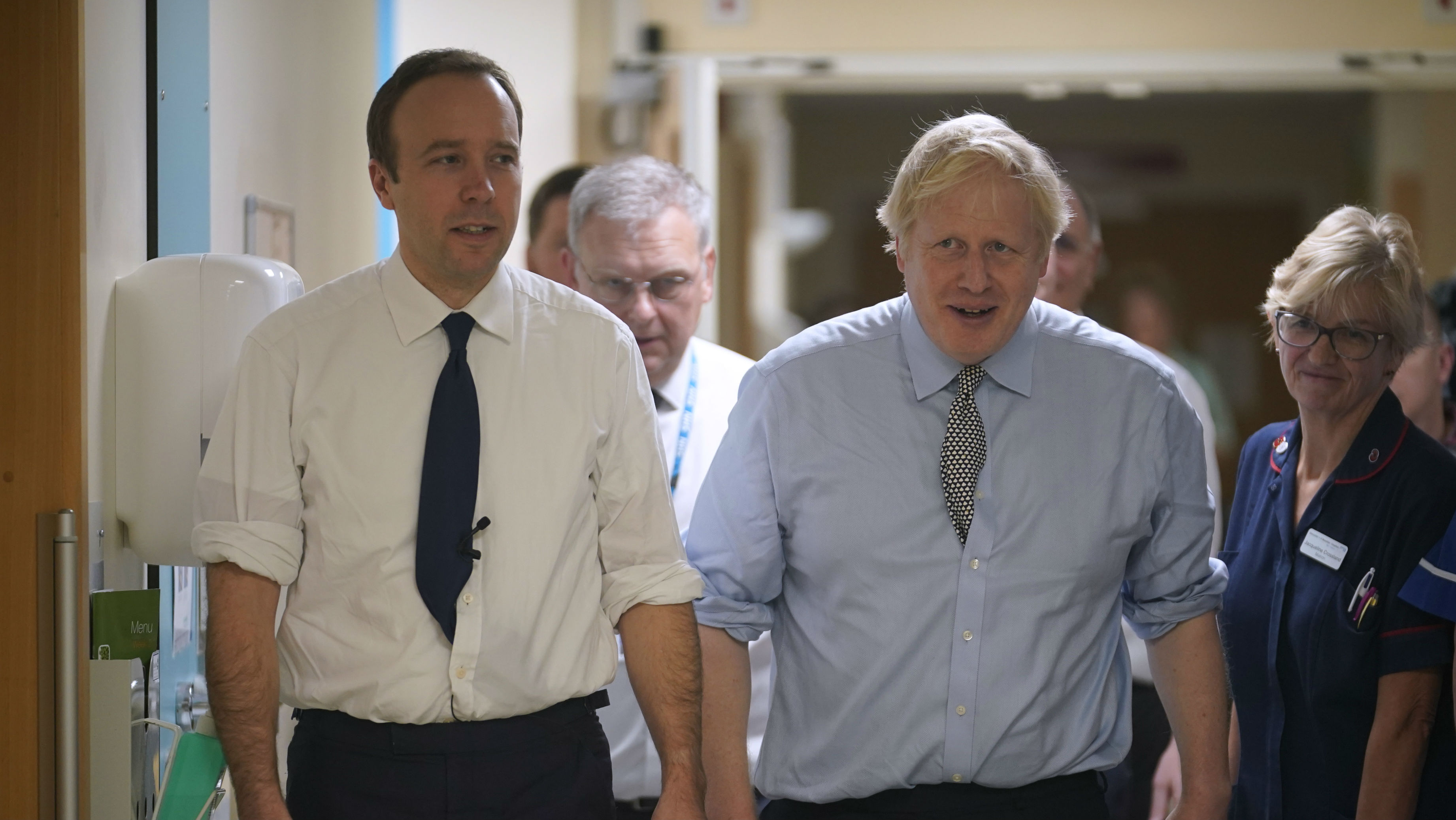 Thousands told to self-isolate in Covid app pinging error, claims Whitehall whistleblower
Thousands told to self-isolate in Covid app pinging error, claims Whitehall whistleblowerSpeed Read Source says Matt Hancock was privately told of the issue shortly before he resigned as health secretary
-
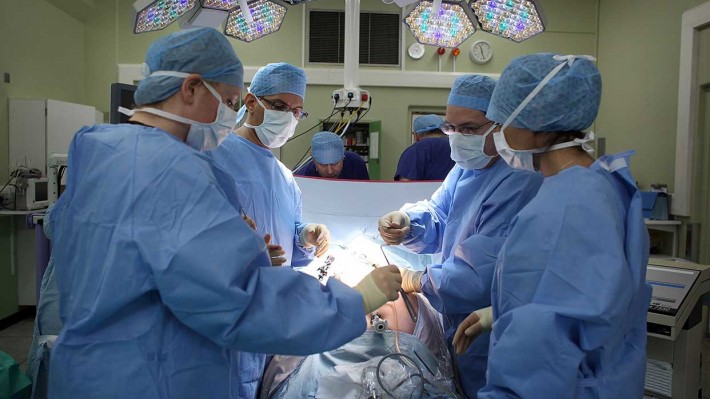 Record 5.45m people on NHS England waiting lists
Record 5.45m people on NHS England waiting listsSpeed Read Health chief warns that crisis is nearing ‘boiling point’ as backlog grows
-
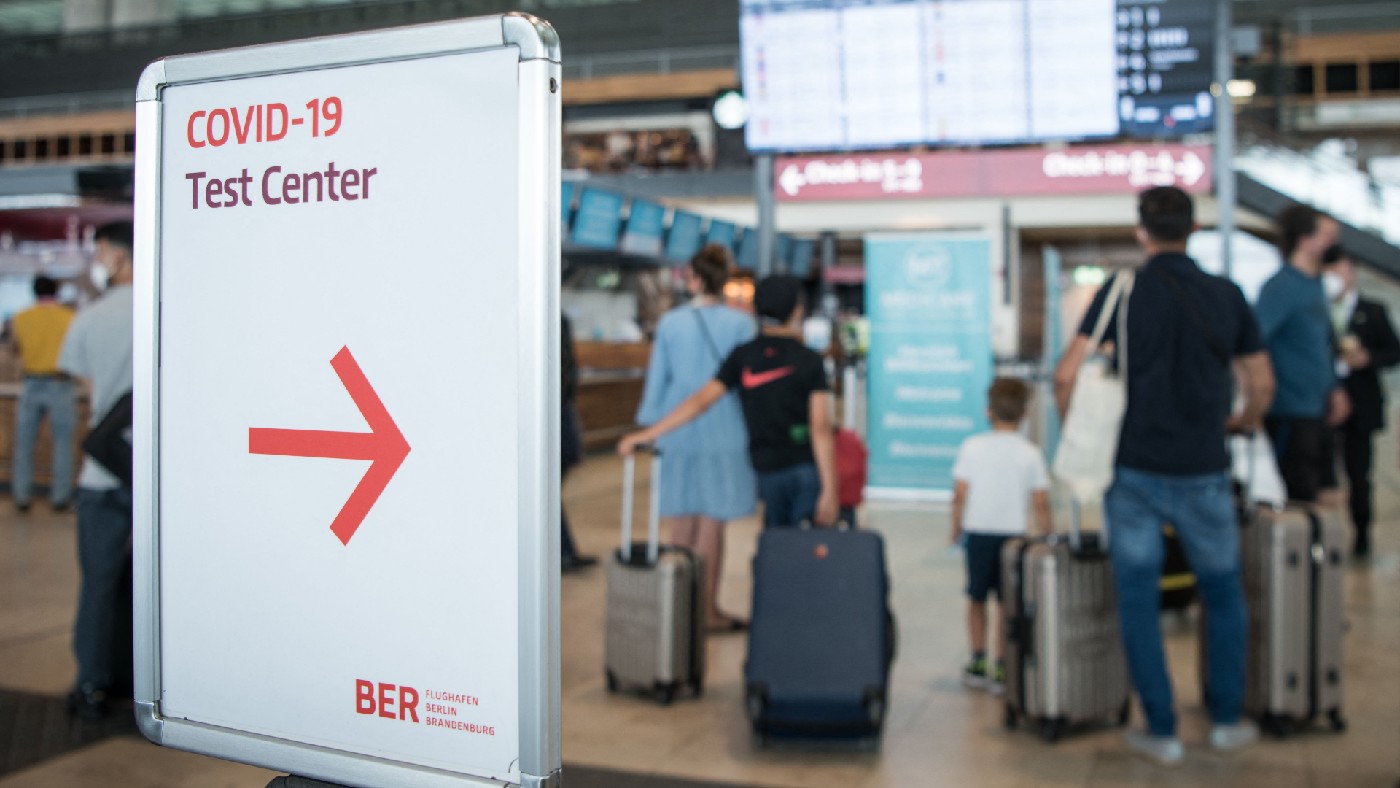 Covid testing: the ‘great new game of holiday roulette’
Covid testing: the ‘great new game of holiday roulette’Speed Read On one day last week, the price of a private PCR test ranged from £23.99 to £575
-
 San Marino is first European country to offer ‘vaccine vacation’
San Marino is first European country to offer ‘vaccine vacation’Speed Read Tiny landlocked nation to give Russian Sputnik vaccine to paying tourists